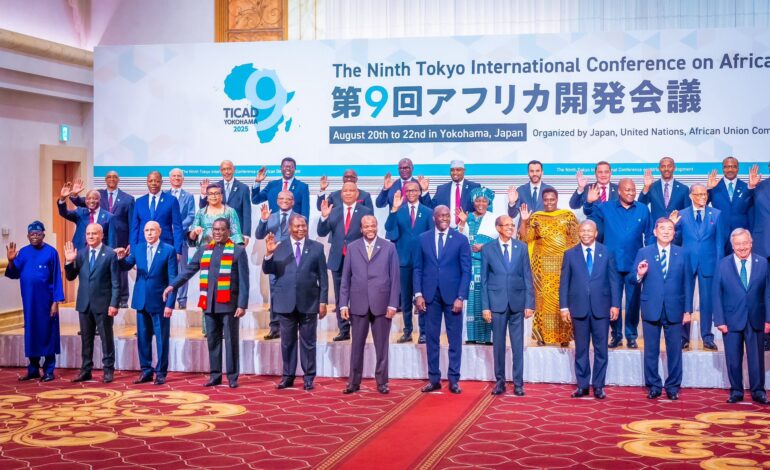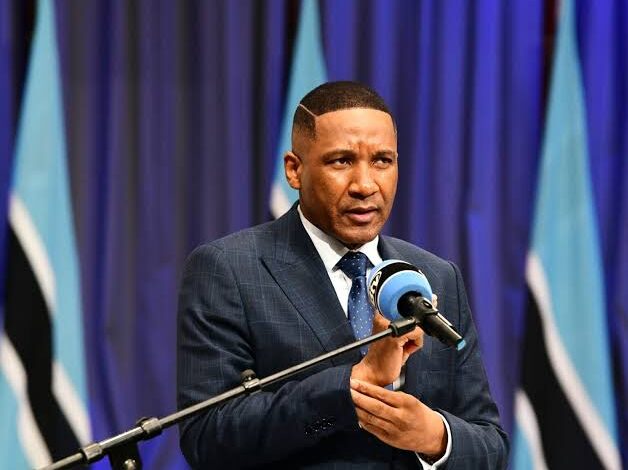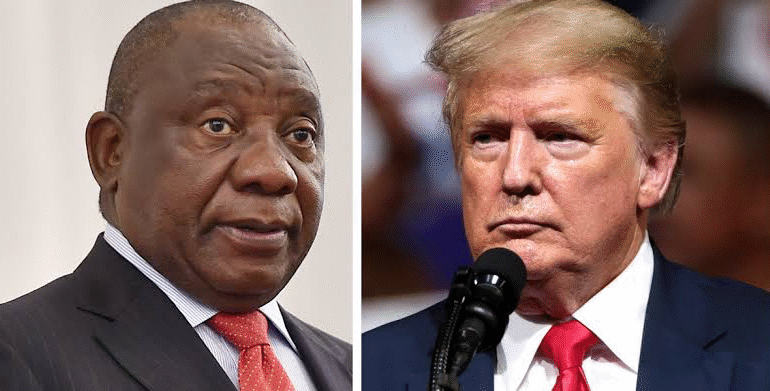
Faith Nyasuguta
South Africa is scrambling to keep its massive HIV program alive after the United States withdrew $427 million in support, leaving thousands of patients stranded without essential care. The government insists it will not allow the world’s largest HIV program to collapse, but experts warn that unless the funding gap is quickly filled, the next few years could see a surge of new infections and preventable deaths.
South Africa carries the world’s heaviest HIV burden, with an estimated eight million people living with the virus. For years, U.S. aid through programs like PEPFAR (President’s Emergency Plan for AIDS Relief) helped sustain free clinics, medication, and prevention services. But when President Donald Trump slashed America’s foreign aid budget, the effects were immediate and devastating. Dozens of clinics closed their doors, staff were laid off, and patients who relied on free services suddenly found themselves without care.
“Our lives matter, we are human,” said one woman, a sex worker who depended on one of the clinics for medication and checkups. Speaking anonymously, she described how the clinic staff would visit her apartment every three months, test her, provide refills, and supply condoms and lubricant. Now, she says, those lifelines are gone. “The funding played a significant role in our lives. I don’t know what to do without it.”
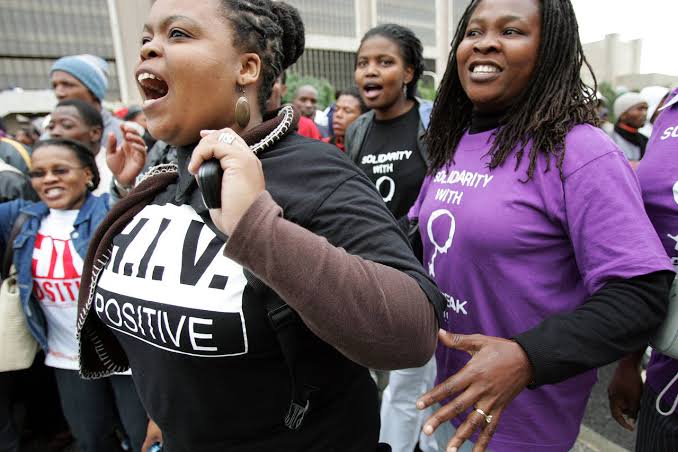
Her story is far from unique. Many patients report being turned away from public hospitals, even though officials insist that treatment should remain available. Others have been forced into the black market, where HIV medication sells at nearly double the official price. For those living paycheck to paycheck, treatment has become an impossible luxury.
Activists fear the consequences will be dire. Yvette Raphael, co-founder of the Advocacy for Prevention of HIV and AIDS group, says the situation feels like history repeating itself. “We are scared. We are scared that we are going to see high numbers of people living with HIV rising. We are scared that we are going to see people dying again. We are worried about the number of infants that are going to be born with HIV because of the lack of services. The funds we used to get from USAID were covering a gap that our government couldn’t fix.”
Statistics highlight the scale of the crisis. Before the cuts, 12 U.S – funded clinics provided services to over 63,000 people. With their closure, as many as 220,000 patients faced disruption in their daily treatment. Even before the funding shortfall, only 2 million out of South Africa’s 8 million HIV-positive population were consistently receiving medication. Now, the numbers are expected to worsen.
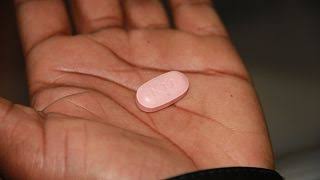
The U.S. government, however, defended the cuts. Russell Vought, then-director of the Office of Management and Budget, argued that America could not sustain endless spending abroad. “We’re $37 trillion in debt. At some point, the continent of Africa needs to absorb more of the burden of providing this healthcare,” he told a congressional hearing.
Still, the decision left bitterness across South Africa. Some critics even speculated that Elon Musk, a South African-born billionaire with close ties to U.S. politics, might have influenced Trump’s stance on aid. Whether true or not, frustration runs deep. “I’ve got no civil words to express how I feel, but I just hate them for what they did,” said one transgender woman. “Our lives matter.”
Although Washington later issued a limited waiver to allow certain HIV services to resume, the damage had already been done. For many patients, the disruption meant missed doses, declining health, and a renewed fear of stigma. Doctors warn that interrupted treatment also fuels drug resistance, making the fight against HIV even harder.
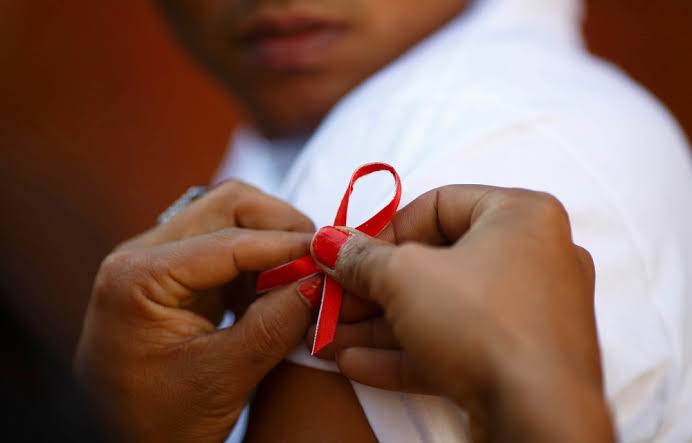
South Africa’s government continues to pledge that it will not let the program collapse. But as the reality of dwindling resources sets in, experts say the country faces a painful uphill battle. Without urgent solutions, the progress of the past two decades could be undone, threatening not just lives, but the very foundation of the global fight against HIV.
RELATED:






